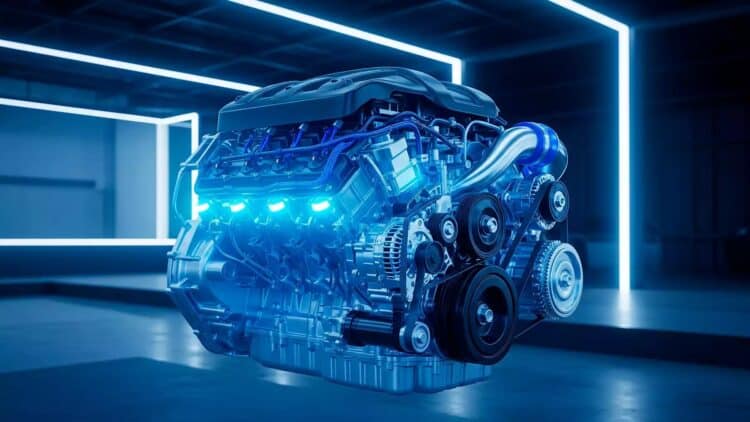Japan has become the go-to source for the latest in hydrogen technology. The perplexity of the hydrogen sector has meant that it has never received the necessary support for hydrogen to challenge the electric vehicles that the world has adopted. As with all technology that challenges the status quo of the established car manufacturers, the challenge becomes making the technology as convenient as traditional internal combustion cars. The EV industry managed to do it after some substantial investments that led to the electric vehicle becoming immensely popular.
Is there a serious challenger to the dominance of the electric vehicle?
In 2000, the world was given a glimpse into the future of the automotive industry when the Prius was debuted. It offered the world a rudimentary version of what we consider to be an electric vehicle today. At first, it was seen simply as an accessory for the climate-conscious car buyer. Only once Tesla made its emergence from the depths of Elon Musk’s mind(and bank account) did the world truly embrace the electric vehicle.
As the EV became more accessible for the average person, it quickly became the best-selling car in most countries with a sustainable infrastructure. Some countries never saw the EV as the car that would drive us into the future. To challenge the new automotive giants that were emerging out of the electric dust of the digital age, massive investments were needed. And they have come from an unlikely source.
Hydrogen has proven to be the most relevant alternative fuel for the automotive world to consider. The problem with hydrogen has been a lack of reliable infrastructure. The EV was perfectly placed to replace its gasoline-powered ancestor, as the infrastructure already was in place. But now, an iconic carmaker from Japan has decided to put its legendary brand behind hydrogen.
Can hydrogen overtake the electric vehicle and become as successful?
Once hydrogen technology reached a point where it was financially viable for the world’s top car manufacturers to invest in, the outlook of the automotive industry changed. If the hydrogen-powered car is to become as immensely successful as the electric vehicle, it needs a big-name brand behind it to challenge the car buyers of the world to consider it for their next purchase.
Toyota has unveiled its new hydrogen fuel cell car, the Mirai. Toyota claims that the Mirai has hydrogen fuel tanks that store the fuel and then proceeds to mix the hydrogen with oxygen coming into the engine via the grill intake. The mixture creates a chemical reaction that produces electricity to power the electric motor. So absolutely no plug-in required. You simply stop and refuel as you would a normal car.
The benefits that come with the new Mirai are impressive as well. As the world begins to consider hydrogen for its use, Toyota is offering its customers $15,000 or 3 years of free hydrogen for lease buyers and $15,000 or 6 years of free hydrogen for outright purchases. Combine that with an 8-Year/100,000-Mile Warranty on key Fuel Cell Electric Vehicle (FCEV) Components, it’s hard to say no to the new Toyota Mirai.
Will the new Mirai change the way we view the hydrogen fuel cell?
With the advancements that the electric motor has been making lately, one might question whether Toyota is making the right choice by investing in the hydrogen fuel cell. Toyota has a long and prosperous history, and they have developed a vast range of vehicles that use a variety of fuels for the customer to consider. Hydrogen is the most abundant element in the universe, however, this does not mean that it is readily available. If the infrastructure can be improved, we might see the new Mirai become as popular as its fully electric cousin.


